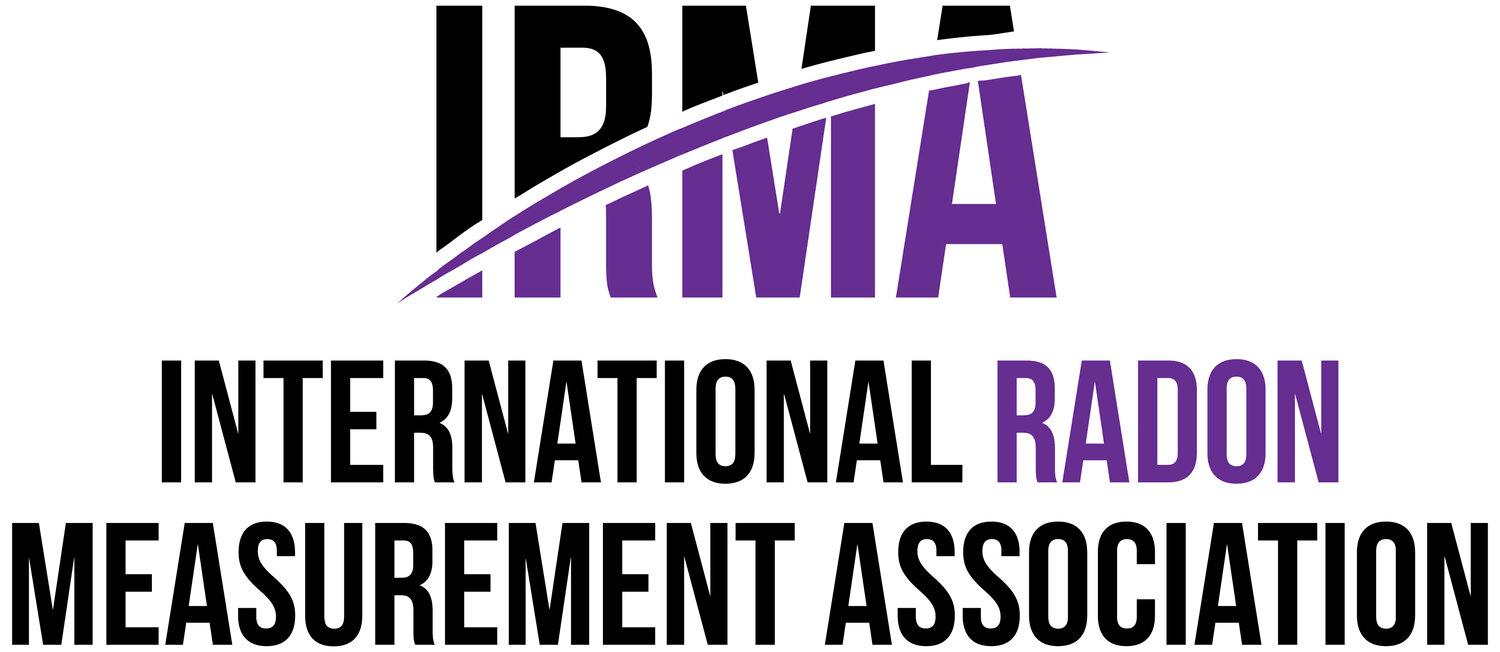Accreditation
The International Radon Measurement Association (IRMA) aims to gather organisations from all around the world that perform radon testing. One of the requirements to become a member of IRMA is to prove that organisation’s practices are based on a quality standard. There are several quality standards the most common being ISO 17025 and NELAC standards.
Purpose
Over the last years two documents regarding basic safety standards have been published. First, IAEA issued in 2014 the Safety Standards entitled ‘Radiation Protection and Safety of Radiation Sources: International Basic Safety Standards’. A document dealing with safety standards was prepared by EURATOM and issued in January 2014 as a Council Directive ‘2013/59/EURATOM of 5 December 2013 laying down basic safety standards for protection against the dangers arising from exposure to ionising radiation’ (EURATOM BSS). There is a requirement to fulfil quality standards in both documents. The item 1.12 in the background of the IAEA document states that ‘The term ‘management system’ reflects and includes the concept of ‘quality control’ (controlling the quality of products) and its evolution through ‘quality assurance’ (the system for ensuring the quality of products) and ‘quality management system’ (the system for managing quality)’. The need for a quality management system is requested in the item 3.99 included in the IAEA Safety Standards: ‘3.99. Employers, as well as self-employed persons, and registrants and licensees shall be responsible for making arrangements for assessment of the occupational exposure of workers, on the basis of individual monitoring where appropriate, and shall ensure that arrangements are made with authorized or approved dosimetry service providers that operate under a quality management system.’
Another term that has relevance is the concept of ‘quality assurance’. We can find a definition in the EURATOM BSS: ‘quality assurance means all those planned and systematic actions necessary to provide adequate assurance that a structure, system, component or procedure will perform satisfactorily in compliance with agreed standards. Quality control is a part of quality assurance’.
Therefore, there is a global concern both in the European Union and outside the EU to perform radiation testing following practices that fulfil the requirements of quality assurance systems. By applying this to the measurement of radon gas, fulfilling the requirements of quality assurance programs is a guarantee of having accredited results that are both comparable and trustworthy.
There has been a long tradition of radon commercial testing in the US and Canada over the last decades. The last issue of the EURATOM BSS and the implementation of this Directive into the national legislation of the countries member of the EU will increase the market in terms of radon measurements. Thus, there is a risk in both sides of the Atlantic of having commercial firms advertising radon measurements but without any kind of quality assurance system. The risk of having unqualified experts and untrustworthy results is important due to the consequences in terms of the protection of the population against radon exposure or results of the radon mitigation systems.
Member requirements
As a consequence of the previous points, IRMA requires that its member organizations can show evidence of the implementation of quality assurance systems (QA’s). The standards of the accreditation are ISO 17025, NELAC or any other comparable to these. Hence IRMA intends to become the platform to discuss issues regarding the implementation and application of the QA’s to enhance the performance of its member organizations to the highest standards.

